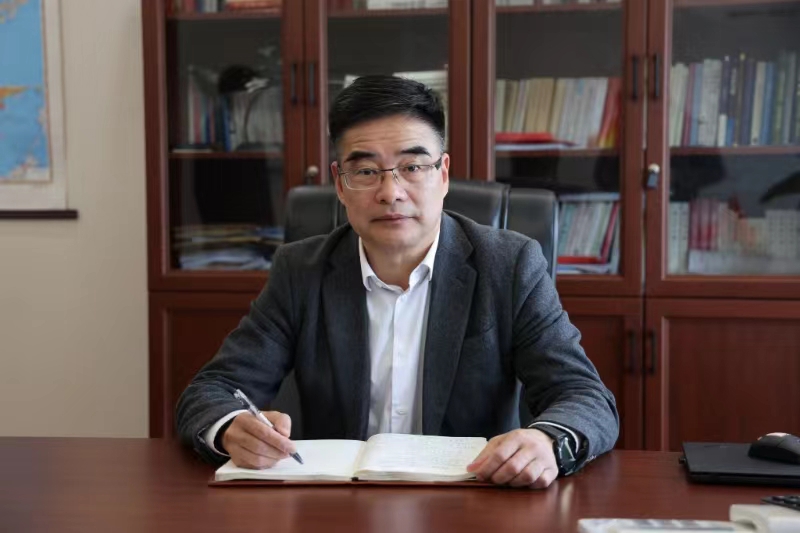Promoting Recycled Aluminum Usage to Steer Industry Towards Sustainability | NPC Deputy
Chongqing - "The economic and social benefits of recycled aluminum are significant," said Li Xiehua, a deputy to the 14th National People's Congress (NPC) and Deputy Party Secretary and General Manager of Chinalco Advanced Manufacturing Co., Ltd.
The company is recognized for its key contributions to the automotive sector, especially in creating aluminum alloy materials for lightweight parts in new energy vehicles. It supports global trends toward energy efficiency and lower carbon emissions.
Li pointed out that manufacturing a ton of new aluminum demands 13,000 kilowatt-hours of electricity, in contrast to just 600 kilowatt-hours required for a ton of recycled aluminum. Additionally, the carbon emissions from producing recycled aluminum are roughly 5% of those associated with primary aluminum production.

Li Xiehua, a deputy to the 14th National People's Congress and Deputy Party Secretary and General Manager of Chinalco Advanced Manufacturing Co., Ltd. (Photo provided to iChongqing and Bridging News)
Aluminum is commonly used in everyday items like kitchen utensils and smartphones and plays a vital role in the aerospace, automotive, and construction sectors, greatly influencing the economy. The increased demand for aluminum, driven by economic and social progress, presents difficulties in achieving carbon emission reduction goals.
However, adopting recycled aluminum presents a practical approach to overcoming these challenges.
China's recycled aluminum sector holds growth potential
The Chinese government has introduced a series of fiscal and tax incentive policies to encourage the comprehensive utilization of recycled resources, including the Catalogue for the Comprehensive Utilization of Resources Products and Services VAT Incentives (2022 Edition).
With over 30 years in the aluminum industry, Li views the eligibility criteria for recycled aluminum incentives as too limited and the required recycled content too high. Consequently, many large companies can't meet these standards to utilize the tax rebate for resource utilization.
"Now, some local governments have recognized this issue and introduced some local regulations," said Li. This recognition by local authorities signifies a step forward in addressing the challenges faced by the industry.
Over the last year, Li has pushed for the growth and evolution of the aluminum smelting and processing sector. He submitted suggestions on expanding the scope of recycled aluminum resources in the catalog of value-added tax (VAT) preferences for comprehensive utilization of resources, products, and services to the Chongqing Regulatory Bureau of China's Ministry of Finance, based on professional analysis.
Li noted that recycled aluminum production surpasses new aluminum in developed countries such as the United States, Japan, and Germany, highlighting a significant growth opportunity for China, whose recycled aluminum output remains below the global average.
Currently, Chongqing has recycled aluminum industrial parks in Bishan, Jiangjin, and Qijiang districts, with an annual usage of 1 million tons. Yet, the industry struggles with price volatility and increasing costs, requiring policy support such as tax incentives.
Li suggests expanding the range of recycled aluminum eligible for VAT incentives and lowering the required proportion of recycled aluminum in raw material inputs. This adjustment would allow more enterprises to benefit from the policy, further encouraging the use of recycled aluminum and guiding industry development towards sustainable practices.

 渝公网安备 50011202501447号
渝公网安备 50011202501447号